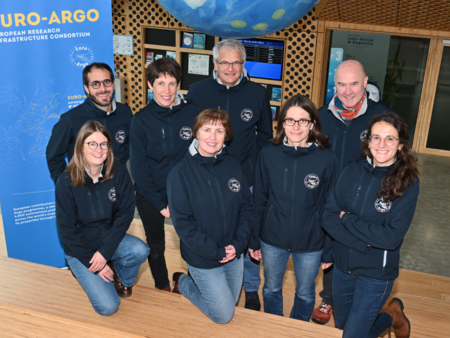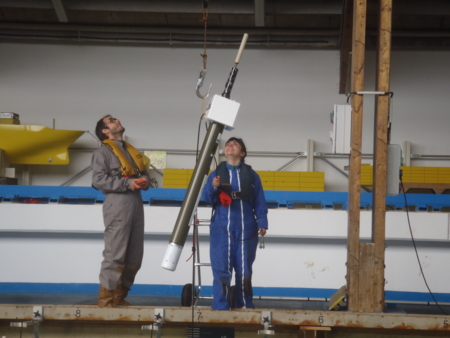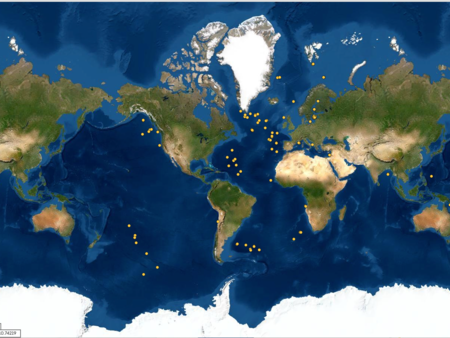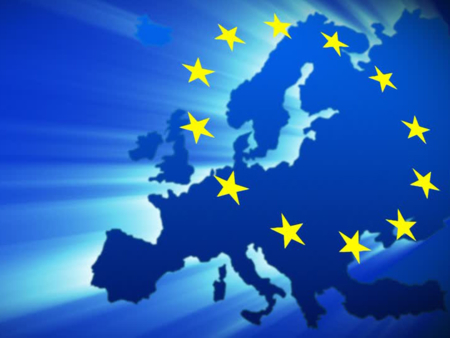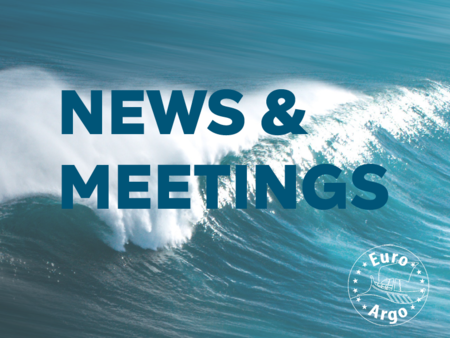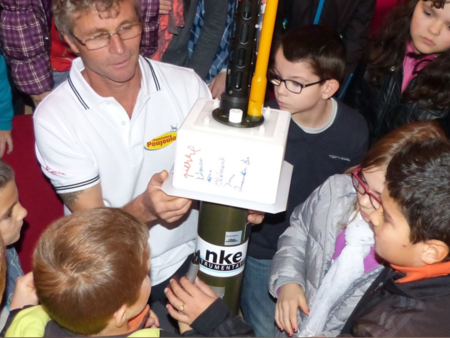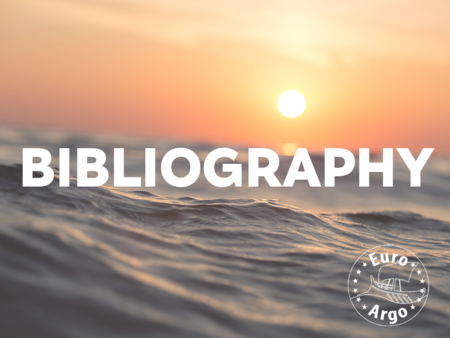All-Atlantic Ocean Observing Symposium at UNESCO
The First International AtlantOS Symposium took place at the UNESCO and IOC headquarters in Paris from 25 to 28 March. The event marked the transition from an EU-funded project to an international programme, the All-Atlantic Ocean Observing System.
170 participants from 29 countries and many pan-European initiatives expressed a joint will to further develop integrated, fit for purpose, observing system, data aggregation and societal awareness of the ocean in the Earth system. High-level speakers from the UNESCO and IOC, the European Parliament, the UN Environment, several heads of oceanographic institutes and funding agencies, national ministries across the Atlantic, dialogued with the AtlantOS science and oceanography community as well as ocean industries, technical developers and international NGOs on how to work ahead.
During this four-day symposium, the results of the EU-Horizon 2020 funded Project on “Optimizing and Enhancing the Integrated Atlantic Ocean Observing System“ (AtlantOS) were presented and a plan for the next decade of ocean observing in the Atlantic Ocean Basin was discussed and synthetized in the Atlantic Blueprint vision document and its European strategy. It was agreed that we still have too few ocean observations for our needs to document the impacts of climate change, to better predict weather and ocean induced hazards and to inform society on sustainable ocean economic opportunities. In particular we lack good, long timeseries, data from the deep sea and data on the biology and biochemistry of the ocean. Although the Atlantic is one of the ocean basins with the highest coverage compared to other regions, there are still many gaps where we have no or limited data.
Euro-Argo contributed actively to the session on Ocean Observing Networks – achievements and future plans, where the importance of Argo was highlighted as one of the backbone Atlantic observing system. Argo observations are essential to constrain a global ocean data assimilation system used in Copernicus Marine and Climate Services, as demonstrated through Ocean System experiments (see Deliverable 7.16) and Ocean System Simulation experiments (see Deliverable 1.5) carried out within the AtlantOS project. Moreover the Argo data system, its open and free data policy, and the close collaboration with JCOMMOPS was cited as an example in the session "From data integration to information products and services – showcasing societal benefits". Finally, Argo was identified as a network to be sustained by institutes and ministries participating to the high level roundtable discussions organised the third day.
The European Commission congratulated the community on generating a strong science and policy momentum around the All-Atlantic ocean observing and called for urgent actions to realize the objectives of the integrated system.
The event presented the AtlantOS Paris Declaration and looked ahead to the international OceanObs ’19 conference on 16-20 September – the global decadal event which comes at a critical time to deliver consolidated ocean observing inputs to the UN Ocean Decade.
The AtlantOS programme website is under development. Further information about the AtlantOS project is available here.

